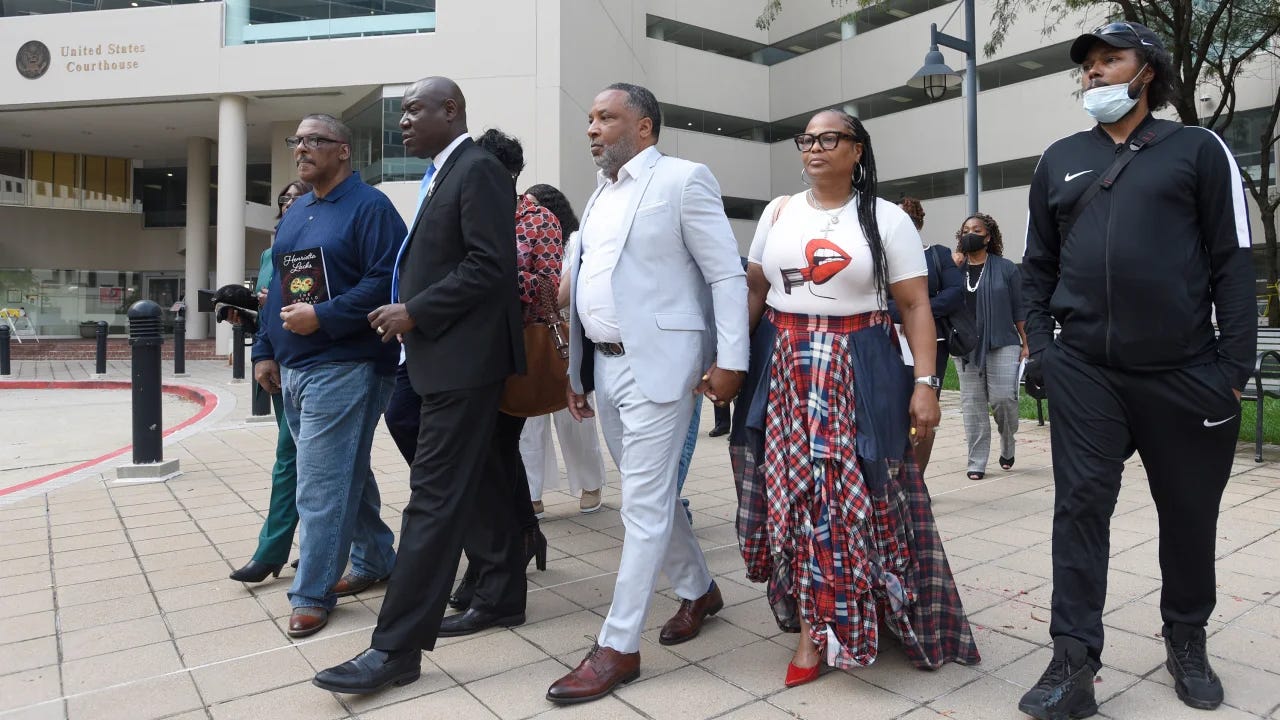Henrietta Lacks' Family Reaches Settlement with Thermo Fisher Scientific: A Long-Awaited Justice
Unraveling the Allegations of a False Adoption, Profits, and the Tuohy Family's Emotional Response"
The art of medicine consists in amusing the patient while nature cures the disease.

Henrietta Lacks, a name synonymous with a groundbreaking scientific discovery, symbolizes the ethical dilemmas surrounding medical research. Her cervical cells, taken without consent in 1951, became the first human cells to grow and reproduce continuously in lab dishes. Known as HeLa cells, they have been instrumental in countless medical innovations. However, the Lacks family had never been compensated until now.
More than 70 years after Henrietta Lacks' cells were harvested, her descendants have reached a settlement with Thermo Fisher Scientific Inc. The company was accused of unjustly enriching itself off Lacks' cells, commercializing the results long after the origins of the HeLa cell line became well known.

The settlement was reached after closed-door negotiations in Baltimore, with some of Lacks' grandchildren attending the talks. The settlement terms are confidential, and both parties expressed satisfaction in resolving the matter.
Henrietta Lacks, a poor tobacco farmer, died at age 31 in the "colored ward" of Johns Hopkins Hospital. Her cells, unlike others, survived and thrived in laboratories, becoming the first immortalized human cell line. This remarkable science has enabled developments like the polio vaccine, genetic mapping, and even COVID-19 vaccines.
Despite the scientific achievements, the Lacks family's struggle highlights a larger issue: racism inside the U.S. medical system. The exploitation of Henrietta Lacks represents a common struggle experienced by Black people throughout history.
The Lacks family's fight for justice has been long and arduous. The discrepancy in status and financial stability between Lacks' descendants and the medical professionals profiting off her cells is stark. While the CEO of Thermo Fisher received a compensation package of over $26 million, Lacks' grandson self-published a book in
The settlement between the Lacks family and Thermo Fisher Scientific marks a significant milestone in addressing the ethical concerns surrounding medical research. It brings closure to a family that has been seeking justice for over 70 years and sheds light on the systemic issues within the medical community.
The story of Henrietta Lacks is a reminder of the importance of consent, transparency, and ethical considerations in scientific research. It also serves as a testament to the resilience and determination of a family seeking justice for a loved one whose legacy continues to impact the world of medicine.
The power of HeLa cells
Some 70 years on, the cell line from the original HeLa cells is still proliferating. In that time, more than 11,000 research publications have involved HeLa cells.
In 1953, two researchers from Tuskegee University cultured HeLa cells, and mass-produced them for use throughout the United States in the development of the first successful polio vaccine.
Later in the 1950s, researchers used the cells to investigate the effects of X-rays, and to develop a method, still used today, of testing whether cells are cancerous.
Cells from the HeLa line have also been sent into space, used to investigate the effects of space travel and radiation on human cells, used to determine how Salmonella causes infections, to investigate blood disorders, to advance understanding of HIV, and in unraveling the secrets of the human genome.
Illinois residents might be eligible for a portion of a $68.5 million Instagram settlement.
The pursuit of truth and beauty is a sphere of activity in which we are permitted to remain children, all our lives. Albert Einstein In a landmark decision that underscores the importance of privacy in the digital age, Illinois residents have a chance to




